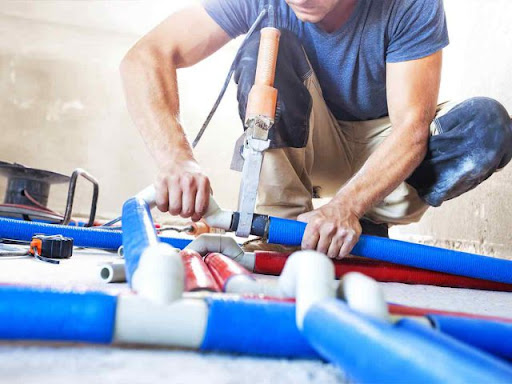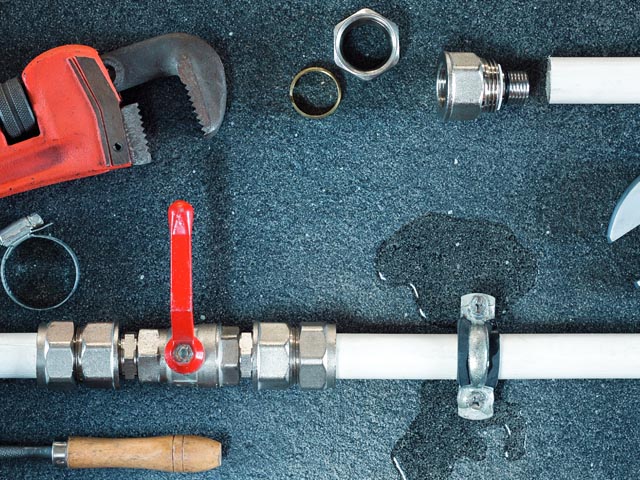
Hard Water on Your Plumbing
GeneralWater is an essential element in our daily lives, but not all water is created equal. For many homeowners, the presence of hard water can lead to a myriad of plumbing issues, impacting both the performance and longevity of their plumbing systems. In this article, we’ll delve into the impact of hard water on your plumbing and provide practical solutions to address this common concern.
Understanding Hard Water
Before we explore the implications of hard water on plumbing, it’s crucial to understand what hard water is. Hard water contains a high concentration of minerals, primarily calcium and magnesium. These minerals accumulate over time, leaving deposits on pipes and appliances. The hardness of water is measured in grains per gallon (GPG) or parts per million (PPM).
The Toll on Plumbing
1. Pipe Blockages
Hard water deposits can lead to the buildup of scale inside pipes. This scale restricts water flow, causing blockages that impede the proper functioning of your plumbing system. Over time, these blockages may result in reduced water pressure and the need for costly repairs.
2. Appliance Damage
Household appliances that use water, such as water heaters, dishwashers, and washing machines, are vulnerable to the effects of hard water. The scale buildup can damage heating elements, reduce efficiency, and ultimately shorten the lifespan of these appliances.
3. Corrosion
While hard water is not inherently corrosive, the scale deposits it leaves behind can create an environment conducive to corrosion. Corrosion weakens pipes, leading to leaks and further complications.

Addressing the Issue
Now that we understand the potential harm caused by hard water, let’s explore effective ways to address and mitigate its impact on your plumbing system.
1. Water Softeners
Installing a water softener is one of the most effective solutions to combat hard water. These devices work by removing the minerals responsible for water hardness, preventing scale buildup and preserving the integrity of your plumbing.
2. Regular Maintenance
Implementing a routine maintenance schedule for your plumbing system can help prevent the accumulation of scale. Regularly flushing your pipes and appliances can minimize the impact of hard water deposits.
3. Citrus-Based Cleaners
Citrus-based cleaners are a natural and eco-friendly way to dissolve mineral deposits. These cleaners contain citric acid, which effectively breaks down scale without causing harm to your plumbing.
4. Professional Plumbing Inspection
Regular inspections by a professional plumber can identify early signs of hard water damage. A plumber can assess the condition of your pipes, recommend appropriate solutions, and perform necessary repairs to ensure the longevity of your plumbing system.
Conclusion
In conclusion, the impact of hard water on your plumbing is a significant concern that can lead to various issues, from reduced water pressure to appliance damage. However, by understanding the causes and implementing proactive measures, you can effectively address and mitigate the adverse effects of hard water. Whether through the installation of water softeners, regular maintenance, the use of citrus-based cleaners, or professional plumbing inspections, taking action can save you time and money in the long run.
Remember, a well-maintained plumbing system not only ensures the smooth flow of water in your home but also contributes to the overall health and efficiency of your household. For further help, tips, and advice about choosing the best plumbing service, come and visit their page to learn more.








